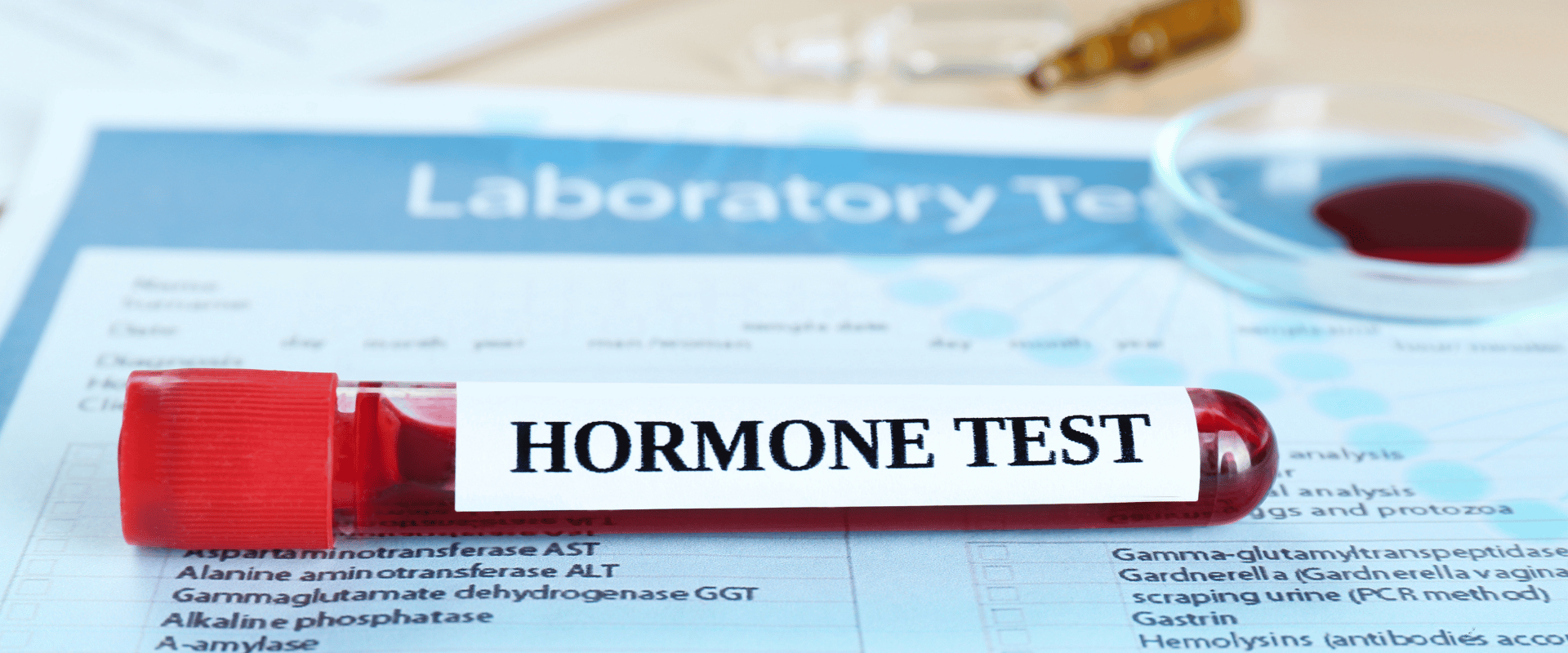Does Hormonal Imbalance Lead to Hair Loss? Here's What You Need to Know


Hormones affect almost everything in your body, including your hair. When certain levels shift or fall out of rhythm, your hair growth cycle can slow down, thin out, or stop altogether.
At Ageless Vitality Center, many patients dealing with hair loss also show signs of hormonal imbalance. Once this issue is addressed, treatments like PRP and exosome therapy tend to work better and last longer.
Here’s how hormones play a role in hair health and what you can do if you suspect they might be off.
How Hormones Affect Hair Growth
Your hair grows in cycles. There’s an active growth phase, a resting phase, and a shedding phase. Hormones like estrogen, progesterone, testosterone, and thyroid hormones help keep that cycle running smoothly.
When those hormones aren’t balanced, your hair may stop growing as it should or shed too early.
Common Hormone Imbalances That Can Lead to Hair Loss

1. Low Estrogen or Progesterone
Estrogen and progesterone help keep hair strong and growing. When these hormones drop, which often happens during perimenopause or menopause, hair can become thinner, more fragile, and fall out more easily.
This is a common concern for women over 40. If you're noticing other signs like mood changes, poor sleep, or weight gain, your hormones may be a factor. You can learn more in What Causes Hair Loss in Women and Men Over 40.
2. High DHT (Dihydrotestosterone)
DHT is a form of testosterone that’s linked to hair loss in both men and women. When DHT builds up, it attaches to hair follicles and causes them to shrink. That leads to thinner hair and, eventually, slowed or stopped growth.
Ageless Vitality offers prescribed medications for hair loss that block DHT and help protect your hair from further damage.
3. Thyroid Issues
The thyroid plays a major role in your metabolism, energy levels, and protein production. If it’s not working properly, your hair may become dry, brittle, or fall out in larger amounts.
Both an overactive and underactive thyroid can cause hair thinning. Ageless Vitality can run lab work to check your thyroid function and get to the bottom of any related symptoms.
Should You Consider Hormone Replacement Therapy?
If you’re dealing with ongoing hormone-related hair loss, hormone replacement therapy may help. Restoring estrogen, progesterone, or testosterone to healthy levels can improve how your hair grows and how long it stays in the growth phase.
Many patients who combine HRT with microneedling with PRP or exosome therapy see fuller, healthier hair with better long-term results.
A Functional Wellness Approach
Hormone imbalances don’t always show up on their own. They’re often tied to inflammation, nutritional gaps, or chronic stress. That’s why Ageless Vitality uses functional wellness testing to look at the full picture before recommending a treatment plan.
This whole-body view helps you get better results and avoid chasing symptoms.
Signs You Should Get Checked
You might want to have your hormone levels evaluated if you’re experiencing:
- Hair thinning around the crown or temples
- Irregular cycles or signs of menopause
- Weight gain, fatigue, or brain fog
- A receding hairline or dry, brittle texture
For more signs to look out for, read Top 5 Signs You’re Losing Hair.
Book a Hormone and Hair Loss Evaluation
Hair loss is often your body’s way of telling you something is off. At Ageless Vitality Center, you’ll get more than just a quick fix. With lab testing, hormone support, and regenerative treatments like PRP and exosomes, you’ll have a personalized plan that supports real regrowth.







